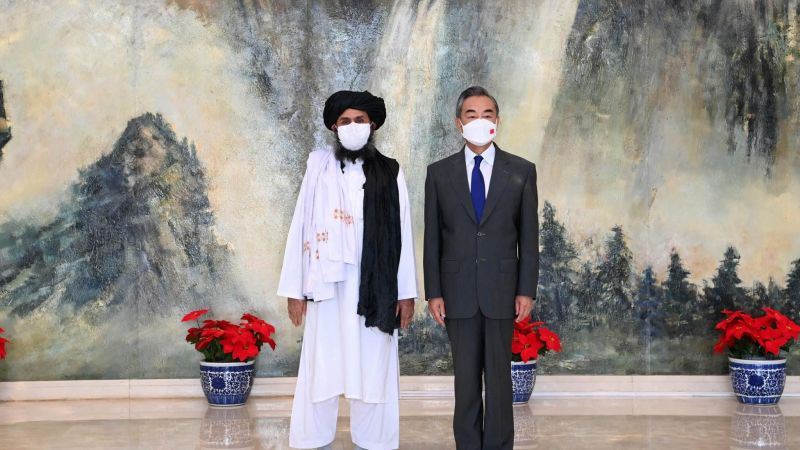
On 15 August, the Taliban capped their drive for power in Afghanistan by taking Kabul, the country’s capital, for the first time since they ruled most of the country from 1996 to 2001. With the previous government’s collapse, the group is now the de facto power throughout the country and is in the process of forming a new government and revamped state system. Questions are swirling about how they will govern, such as whether they will attempt to exercise a monopoly on power or give some roles to other political forces and whether they will try to reimpose the harsh social restrictions, including on women, that they enforced in the late 1990s. As yet, there are no firm answers.
Amid the uncertainty, regional powers are eyeing how to react to the upheaval. In the 1990s, the Taliban government, the Islamic Emirate of Afghanistan, was an international pariah, recognised only by three countries, Pakistan, Saudi Arabia and the United Arab Emirates, and kept at arm’s length by others, due partly to activist campaigns decrying their often violent repression of women and girls in particular. Foreign capitals also regarded them warily for offering safe haven to al-Qaeda, the transnational jihadist group that had mounted deadly attacks including the bombings at the U.S. embassies in Dar es Salaam, Tanzania and Nairobi, Kenya in 1998. The concern about al-Qaeda of course spiked after the 11 September 2001 attacks in the United States. Though worries about the Taliban persist, the movement is not as isolated as it was in past. It has tried to cultivate better relations with other countries over the last few years. As it was regaining military strength on the ground, it was seeking to reassure Afghanistan’s neighbours that it would govern responsibly. Still, regional powers are taken aback by the Taliban’s dramatic advance, which has required many of them to recalibrate their approaches to protecting their interests in the country.
In this commentary, Crisis Group experts look at various regional powers’ agendas vis-à-vis Afghanistan, focusing on their relations with the Taliban until now, their responses to the movement’s takeover thus far and their options in the months ahead.
Samina Ahmed, Project Director, South Asia and Senior Asia Adviser, Islamabad, Pakistan; Praveen Donthi, Senior Analyst, India; Ali Vaez, Senior Adviser to the President & Project Director, Iran and Amanda Hsiao, Senior Analyst, China.
